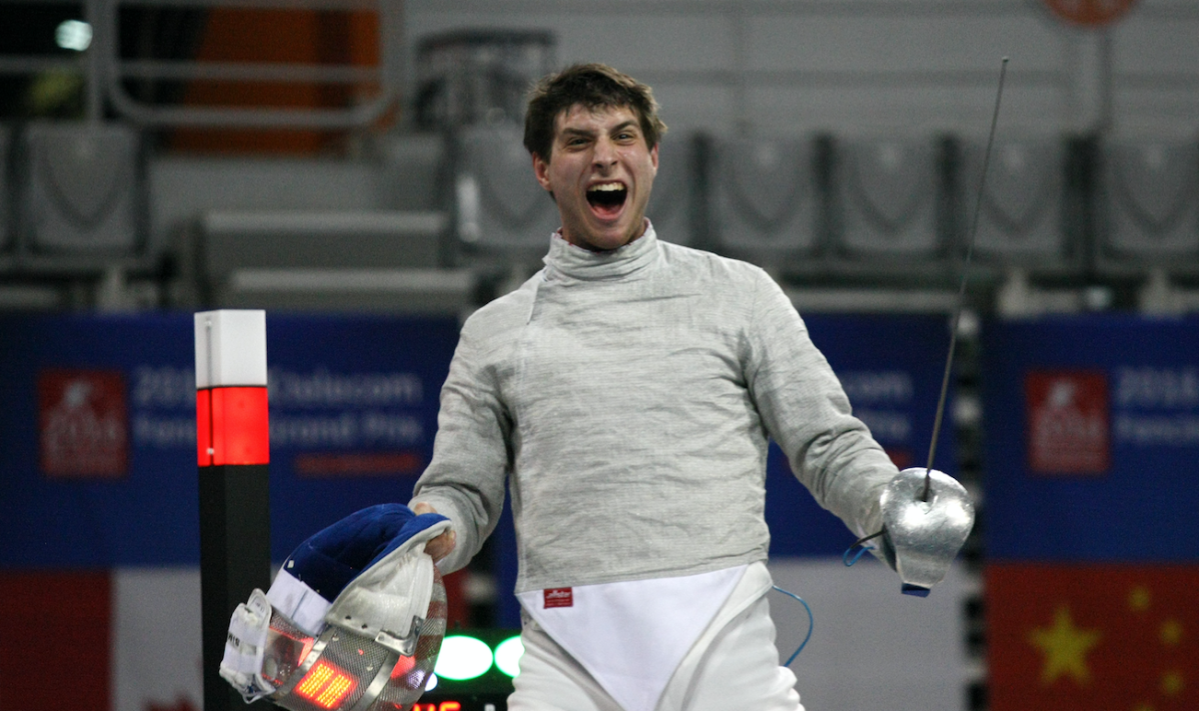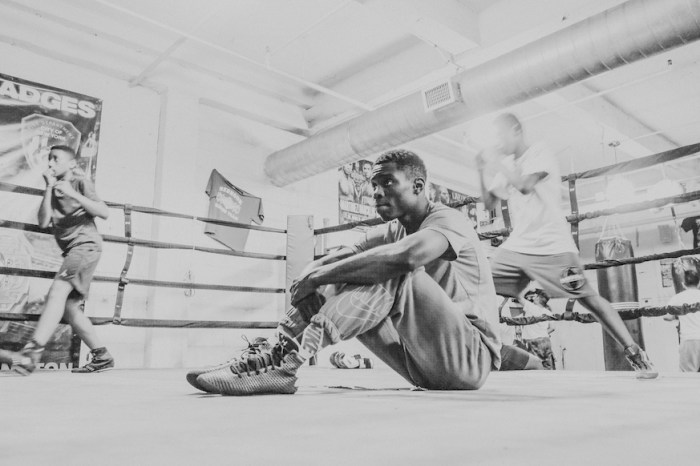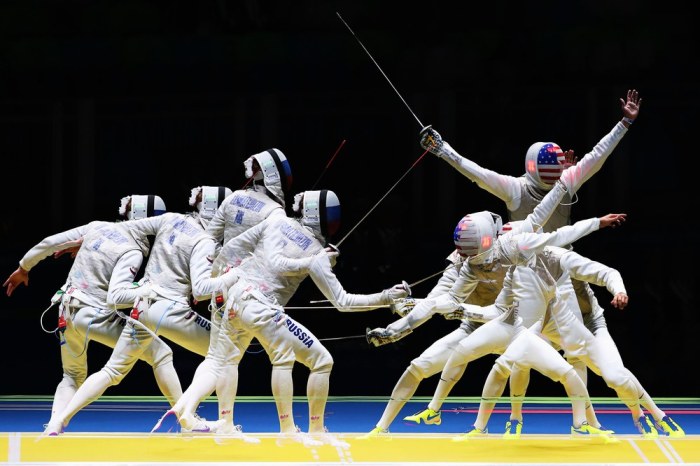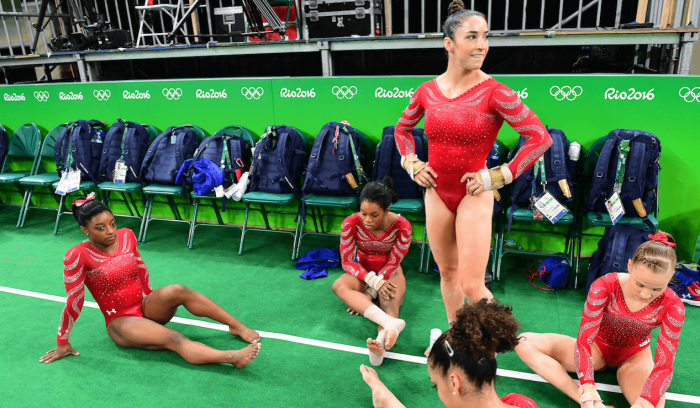Eli Dershwitz has such a beefy resume it’s no wonder he made the U.S. Olympic team heading to Rio.
The Sherborn, Mass. native and Harvard University student has developed into a world-class fencer in this current Olympic cycle. Specializing in sabre, the 20-year-old is the top-ranked fencer in the U.S. and is ranked 12th in the world. Dershwitz qualified for the Olympics, which get underway Aug. 5 with the Opening Ceremony, by winning the gold medal at the Seoul Grand Prix in March.
His journey to Brazil, however, began when he first picked up a fencing weapon as a kid. Following his brother’s lead, Dershwitz decided to give the sport a try.
That proved to be a smart decision.
Dershwitz has medals of each color from the junior worlds, most recently a gold in 2015. That same year, he won two gold medals at the Pan American Games — one in the individual sabre and one in the team version of the event. “I worked so hard in preparation for [the 2015 junior worlds] and I was completely unstoppable that day,”Dershwitzsaid from a training camp in Germany. “I started with a fearless attitude and rolled through the competition, becoming the first ever American sabre fencer to win a world title.” RELATED: Spieth pulls out of the Olympics over Zika worries
Dershwitz has also won countless medals (the majority are gold) at the Pan American Championships and various World Cups, both home and abroad. This season, Dershowitz tallied two victories (individual, team) and one runner-up (team) on the World Cup circuit. It would be fair to say that Dershwitz’s lead-up to Rio has been rife with success. When he steps onto the 14-foot piste in Brazil next month, he’ll be the youngest member of the U.S. Olympic fencing team. “I really believe that when I am in the zone, I am one of the top fencers in the world,” Dershwitz said. “My goal is just to stay healthy, keep working hard, and show up to Rio with the attitude that I want to leave with a medal.” The sabre is unlike foil and epee, the other two disciplines in fencing. The sabre weapon is the lightest of the three and is designed for slashing, not thrusting or stabbing. The head is also in play as a target, so competitors wear a mask with a protective metal front. There is a difference between military sabres and sabres made for dueling, but both disciplines feature quick movements of the sword in all directions — up, down, and diagonally — as competitors try to score a point by contacting their opponent’s torso, arms, head, and everything else above the waist. Hits are registered by an electrical system, since each fencer’s uniform is plugged in. Fencing uniforms were white in the sport’s early days because swords were dipped in ink and hits were recorded via blots on the uniform. The color hasn’t changed despite the sport’s technological advances. U.S. fencing lags behind several countries in the all-time medals count, with only two gold medals — both thanks to Mariel Zagunis in women’s sabre in 2004 and 2008. The women have captured two silver and four bronze medals overall, while the men have five silvers and eight bronze. A 2008 silver medal in team sabre is the recent men’s highlight. As for Dershwitz, he fences with his left hand, is quick on his feet, and hopes to break the winless streak for the U.S. men next month. His chances seem awfully good.
Summer Olympics previews: Sherborn native Eli Dershwitz ready to carve up Rio

Getty Images




















